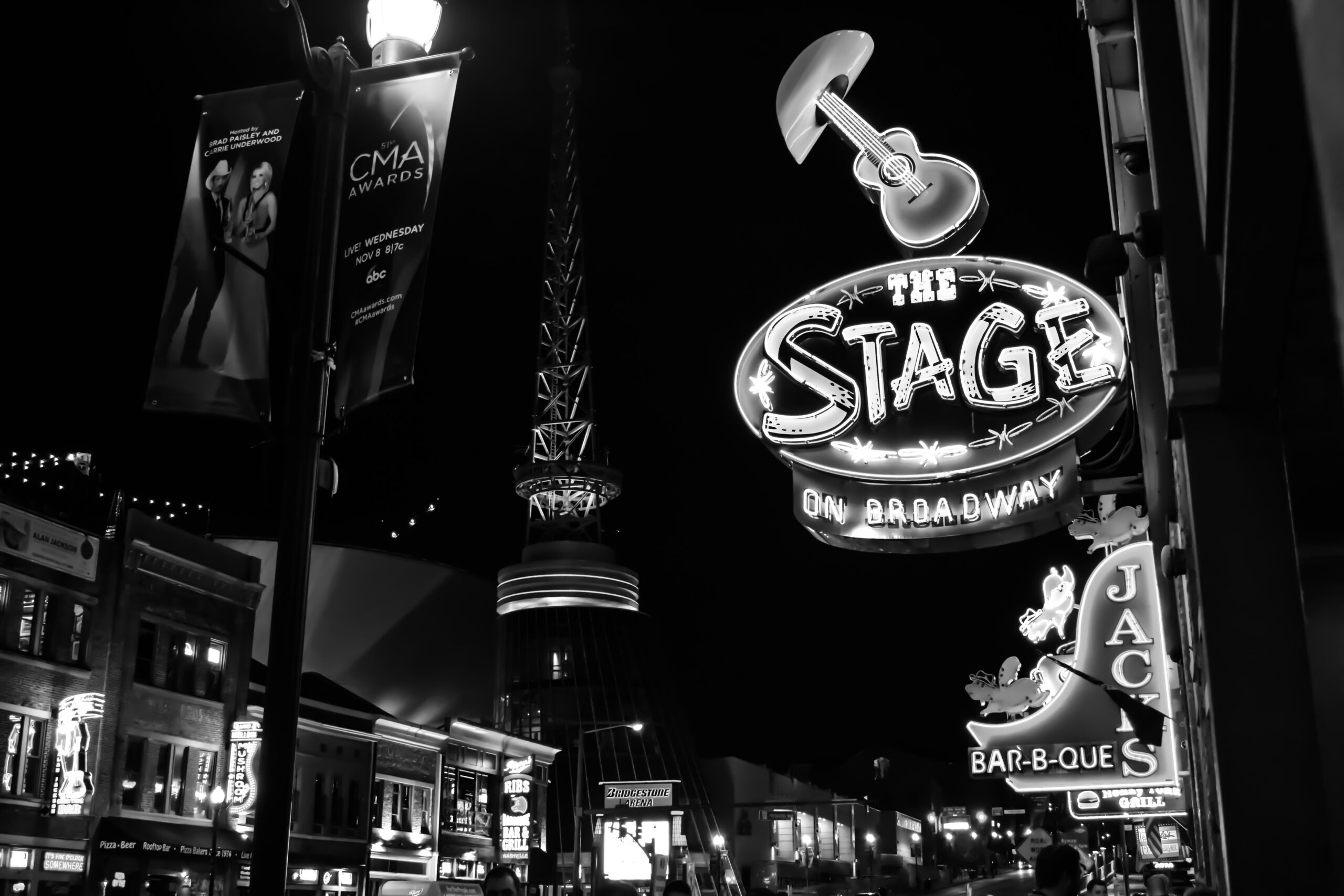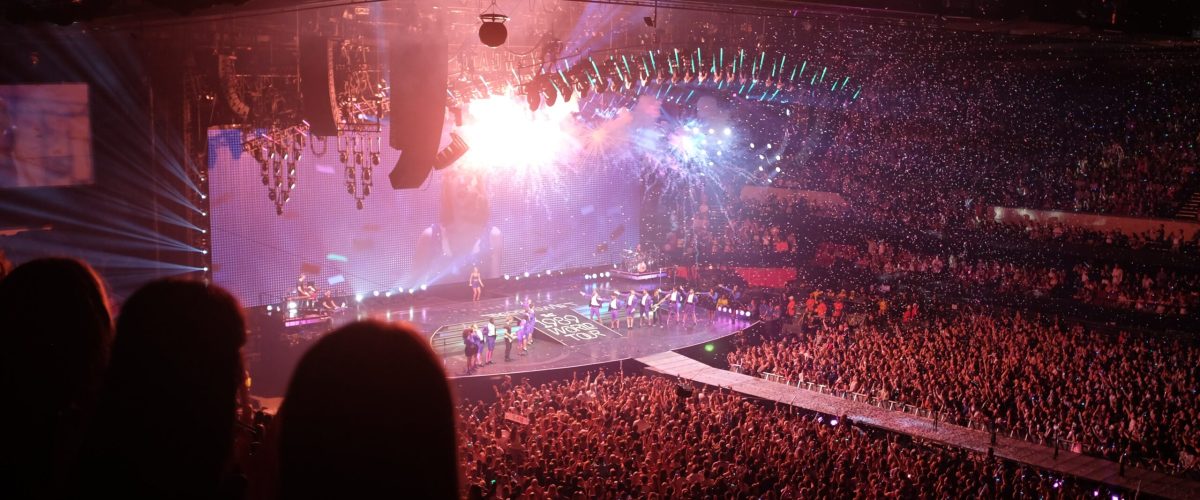Entertainment event ticketing strategies have undergone significant changes in recent years, with the rise of new technologies and changing consumer behavior. Variable ticket pricing strategies are the industry standard for event ticketing today. While many venues continue to use one price for specific tickets throughout their sales, more schooled venues use variable pricing tactics in their overall ticketing strategy.
There are several reasons why entertainment venues and event organizers use variable pricing. One reason is that it allows them to maximize revenue by charging higher prices for popular events or times, while still offering lower prices for less popular events or times to fill seats and increase overall attendance.
Another reason is that variable pricing allows for a more personalized and customized purchasing experience for customers. By offering a range of prices, customers can choose a price point that fits their budget and preferences. This can lead to increased customer satisfaction and loyalty.
Variable pricing is a pricing strategy in which the price of a product or service is adjusted based on various factors such as demand, time, and availability. This strategy is commonly used in the entertainment industry, where ticket prices for events can fluctuate based on a variety of factors.
The following tactics are widely used throughout the entertainment industry to price tickets. The one exception is dynamic pricing which is controversial. You may remember the Bruce Springsteen ticket pricing controversy with tickets selling as high as $5,000 because of dynamic pricing used by Ticket Master).
Event Ticketing Strategies: Dynamic Pricing:
Dynamic pricing is currently only used by the largest ticketing platforms and even then, may be limited to certain ticketing tiers. Dynamic pricing uses AI algorithms to adjust the price of tickets in real time based on real-time demand. For example, if a concert is selling out quickly, the price of the remaining tickets may be increased. It means that ticket prices are continuously adjusted throughout their sales process. Under this arrangement, certain events’ tickets can surge to extreme levels.
This can allow event organizers to optimize revenue by setting prices that reflect the perceived value of the event to different groups of consumers. As the software for such a pricing tactic becomes cheaper, we may see it being used with smaller ticketing platforms or with those venues that operate their own online ticketing service.
The explanation provided by artists and Ticket Master is that the system prevents scalpers from taking advantage of any difference between the ticket’s retail prices and the aftermarket price charged by secondary ticket sellers. That keeps the money in the hands of the venue and artists instead of scalpers.
Useful Ticketing Strategies for Smaller Venues

Venues should consider using some or all the ticket pricing tactics listed below. There is overlap as you read through them, but enough difference to keep as a separate tactic.
- Tiered Ticket Pricing: This involves offering tickets at different price points, with the more expensive ticket prices being for the best seats or for events that are expected to be more popular. Event organizers may set different ticket prices for the same event based on factors such as the seating section, the day of the week, or the time of the year. Another term for this pricing strategy is segmented pricing. This can allow event organizers to optimize revenue by setting higher prices for more in-demand events or times. Some venues still use only one tier which is general admission (GA) tickets.
- Pre-Sales Pricing: Venue may offer tickets to certain groups of consumers, such as members of its loyalty program, members of a fan club, or subscribers to a mailing list before they go on sale to the general public. These consumers are also more likely to post on social media about the event. This can help to generate buzz and encourage early ticket purchases.
- Early Bird Pricing: This involves offering a lower price for tickets purchased in advance of an event. The idea is to encourage the early purchase of tickets and help the event organizers better forecast demand. It involves offering different ticket price points for the same event. For example, an entertainment company may offer “early bird” discounts for tickets purchased in advance, and then raise the prices as the event approaches and demand increases.
- Last-Minute Pricing: This involves offering discounted tickets to customers who purchase tickets close to the event date. This is used as a way to fill the house. After all, ticketing is not the only way venues make money off an event. Food and beverage sales can generate a lot of profit. Filling seats, even using discounted pricing is better than having no one sitting in them.
- Time-Based Pricing: This involves adjusting ticket prices based on the date and time of the event. For example, tickets for a popular concert may be more expensive on a Saturday night than on a Wednesday afternoon. Matinees are priced cheaper than an event taking place on a Friday or Saturday night.
- Demand-Based Pricing: This involves adjusting ticket prices based on the demand for the event. If an event is highly popular and in high demand, ticket prices may be increased. This tactic is different from dynamic pricing in that it’s not a continuous adjustment. The event organizer adjusts the price of tickets up or down based on the ticket sales momentum. The price may be adjusted several times during the sales period.
- Package Pricing: This involves offering premium tickets at a higher price, with these tickets often bundling special benefits such as access to exclusive areas, food and or beverages, merchandise, backstage tours, or meet-and-greets with the performers. They are also referred to as Premium Pricing since they are priced at a premium.
Event organizers may also offer package deals that include tickets to multiple events or additional perks such as VIP parking and other perks. This can be a good way to encourage ticket purchases and upsell to more expensive options.
- Group Discounts: Venues may offer discounts for groups purchasing tickets together, Providing this option can attract organized groups or businesses to an event. Organizations are also going to publicize the event to their members who will share it on social media as well. This can be a good way to encourage build buzz and get more people to the event.
- Season Passes: Entertainment venues may offer season passes for customers who want to attend multiple events, such as a concert series. These passes may come with additional perks such as priority seating or discounts on concessions. Season passes provide a discount to those purchasing tickets over purchasing each of the shows separately.
Variable pricing can be a useful tool for entertainment companies to optimize revenue and manage demand, but it can also be controversial, as it can lead to some consumers paying more than others for the same event. It’s important for entertainment companies to communicate clearly about their pricing strategies and be transparent about the factors that are driving price changes.
The right ticketing pricing tactics can maximize revenue and fill the venue for ticketed events. A good service-oriented ticketing service like TSE’s can help you in the process.
Related Posts:
Online Ticket Sales: Dynamic Ticket Pricing Strategy




